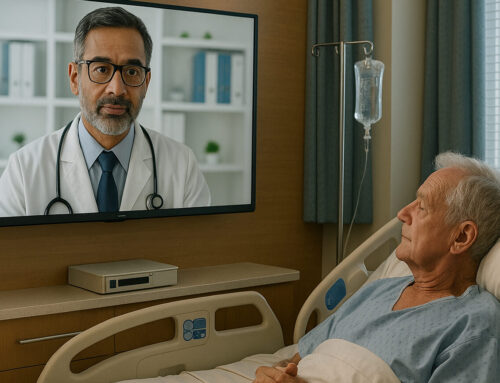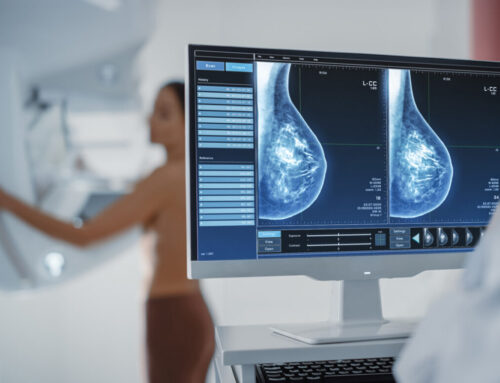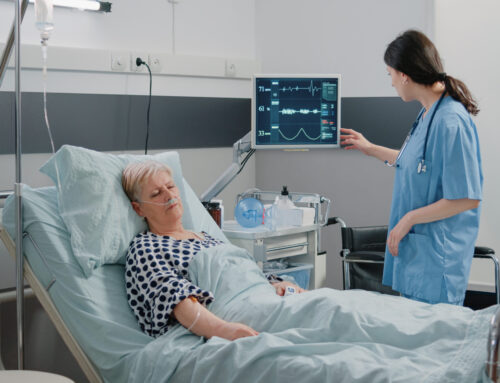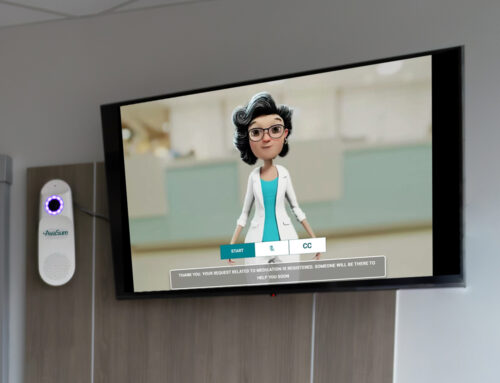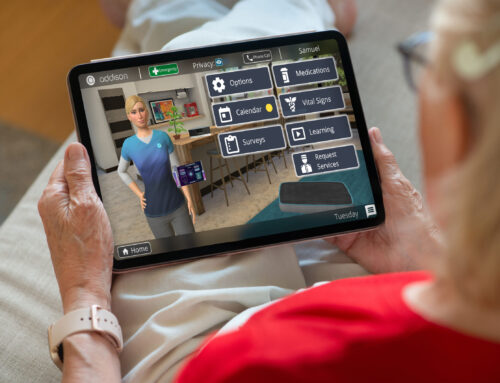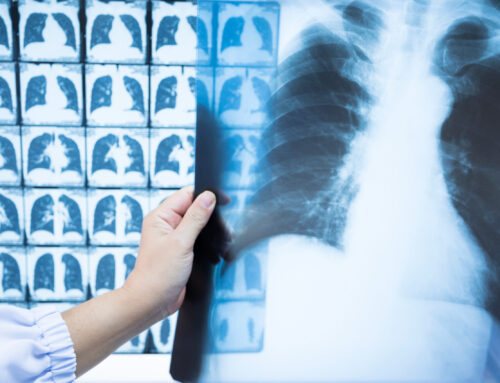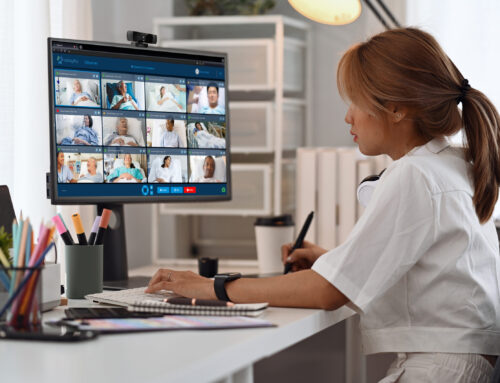Caregility, a leader in enterprise telehealth solutions, has announced the launch of a new artificial intelligence (AI) feature in its iObserver application designed to enhance patient safety by detecting fall risks in real-time. This advanced capability underscores Caregility’s commitment to integrating cutting-edge technology to support healthcare providers in preventing patient falls and other high-risk incidents.
The iObserver application, already widely used in hospitals for continuous monitoring of patients at risk of self-harm or falls, now incorporates computer vision technology developed natively by Caregility. This AI-driven feature analyzes visual information from patient rooms and automatically alerts caregivers if it detects potential fall risks. The result is a more responsive and proactive approach to patient safety, reducing the chances of injuries before they occur.
One of the standout features of Caregility’s solution is its ability to process AI computations directly on telehealth edge devices located in patient rooms. This approach eliminates the need to stream large volumes of audio-visual data to the cloud, which not only conserves bandwidth but also significantly enhances data privacy and security. By processing data locally, Caregility ensures that sensitive patient information remains protected, addressing one of the most pressing concerns in the adoption of AI in healthcare.
Caregility’s Chief Product and Engineering Officer, Kedar Ganta, emphasized the flexibility of their platform, stating, “Our open and adaptable platform allows us to develop native AI capabilities when possible while also evaluating other third-party solutions to determine if they can add value to caregivers’ workflows.” This flexibility ensures that Caregility can continue to innovate and integrate the latest technological advancements without being tied to a single solution, providing healthcare providers with the best tools available to enhance patient care.
The introduction of AI-enhanced fall risk detection is part of a broader strategy by Caregility to leverage AI-powered edge computing in telehealth. As noted by Caregility’s Chief Innovation Officer, Bin Guan, “We’re redefining the future of telehealth with AI-powered edge computing. By breaking down traditional barriers to AI adoption, we’re enabling healthcare providers to leverage cutting-edge technology without sacrificing operational efficiency or data privacy.”
This new capability is now available on all of Caregility’s more than 15,000 edge devices currently installed in hospitals worldwide. These devices, known as Access Point of Care Systems (APS), have been a cornerstone of Caregility’s virtual care infrastructure, demonstrating their durability and adaptability over time. The first APS system deployed by Caregility is still operational after more than six years, highlighting the long-term value of the company’s solutions.
Caregility’s approach to AI in healthcare is both strategic and patient-focused. As Ganta further explained, the company prioritizes understanding the challenges faced by healthcare providers and then determining how technology can address these issues. This approach has led to the development of specialized AI solutions that not only detect risks but also provide caregivers with valuable insights to improve patient outcomes. For instance, Caregility’s AI technology can be integrated with other third-party solutions, such as contactless vitals tracking, to provide a more comprehensive view of a patient’s condition.
As the healthcare industry continues to evolve, Caregility is determined to remain at the forefront, providing scalable and secure telehealth solutions that address the needs of both patients and providers. The company’s stated commitment to responsible AI and continuous innovation ensures that its clients are equipped with the most effective tools to navigate the complexities of modern healthcare.
For more information about Caregility’s new AI capabilities and its iObserver application, visit Caregility’s website.

